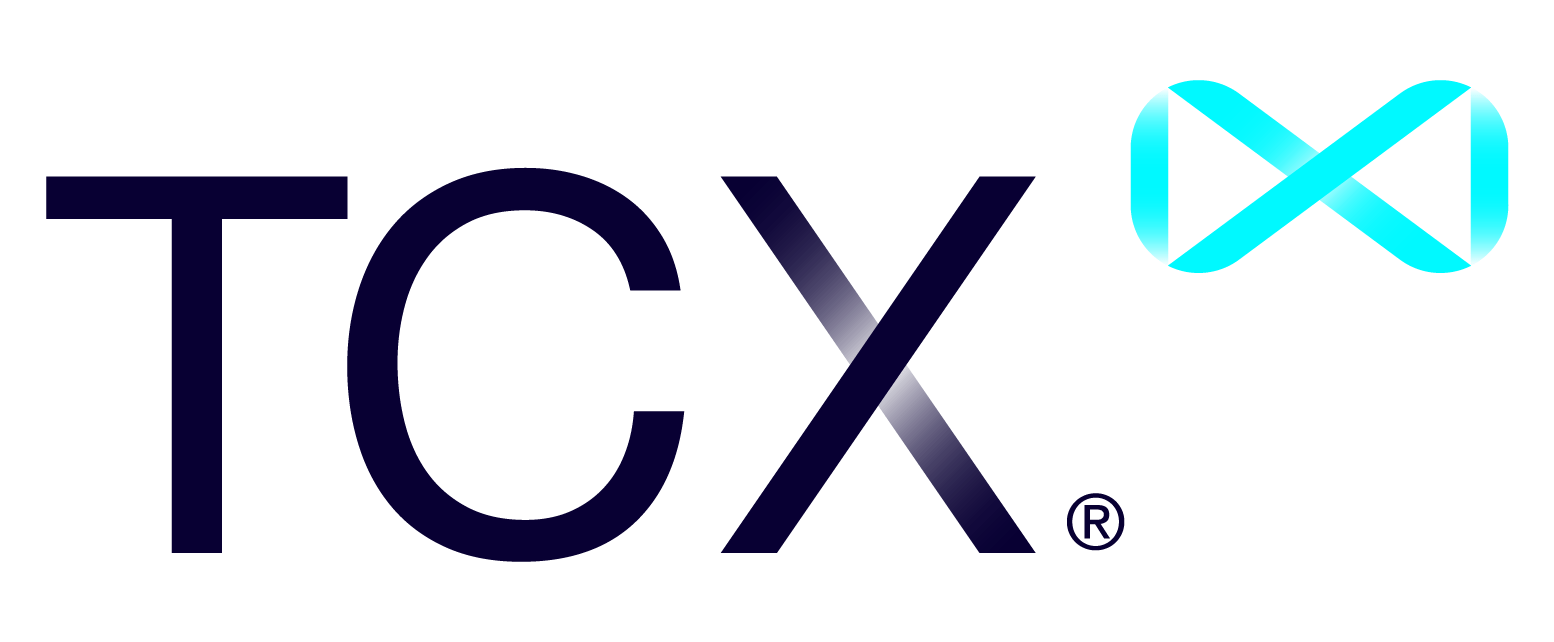If you want to grow your business during uncertain times, you need to navigate the difficulties associated with unpredictability, multiple unknowns, and the critical demand to stay agile – all while keeping the customer relationship central. It’s time to start asking: What types of relationships do you want with your customers? And more importantly, what types of relationships do they want with you?
Nearly all buyers (86%) are willing to pay more for an excellent customer experience, and a recent study found that the customer experience is on track to overtake price and product as a key brand differentiator. Achieving a competitive advantage relies on building stronger relationships and experiences through an adaptive mindset.
The word adaptive is defined as the “capability to thrive in changing circumstances.” If you want to grow faster, become a market leader or reinvent existing markets, it’s time to start asking better questions and leveraging the right data to rebuild the way your organization operates.
You don’t need more data … you need better questions
Most companies know there is no shortage of data, but uncovering valuable insights from that data is the key to success. The article titled “Big Data: Are We Making a Big Mistake” published by the Financial Times explains:
“As with so many buzzwords, ‘big data' is a vague term, often thrown around by people with something to sell. … But big data does not solve the problem that has obsessed statisticians and scientists for centuries: the problem of insight, inferring what is going on, and figuring out how we might intervene to change a system for the better.
‘We have a new resource here,’ says Professor David Hand of Imperial College London. ‘But nobody wants “data.” What they want are the answers.’”
So how do you find the answers?
Businesses are grasping at strategies, tools, and technologies that promise confident answers in a fundamentally uncertain environment, yet big data is only useful if it’s answering the right questions. And only people know how to ask the right questions. Data by itself is not intelligent.
Leading futurist Eamonn Kelly explains that “Every decision we make is influenced by knowledge (known facts and experience) and judgment (perceptions or ‘mental maps’). If our maps are wrong, our judgments are wrong.”
So, it’s time to start asking: Are our maps wrong? And if so, how can we get closer to the truth?
In order to ask better questions, you must have an adaptive mindset. But in order to have an adaptive mindset, you must be curious. You can’t keep asking the same questions over and over again – you need to start reframing how you think about the customer and your goals.
Tear everything down, so you can build it back up again
If you want to build a competitive advantage, stay at the forefront of your industry and keep agile, you need to be willing to tear everything down so that you can rebuild.
The article “Changing the View of ROI to VOI,” published by Gartner Research, explained that:
“‘Value on Investment’ is transformational in nature, and competitive advantage is the expected result. … Competitive advantage resets the rules of engagement, makes markets, and moves you ahead of your peers.”
Securing this competitive advantage requires you to examine your current way of looking at opportunities and becoming more agile and adaptive.
The challenge is that many companies are operating in silos, and data isn’t flowing freely. This creates disparate data and KPIs that are disconnected between departments. Organizations need to tear down silos and allow data to flow freely. A single source of truth is required to better understand customers and cultivate information to create stronger customer relationships. People from different parts of the organization need the ability to cross-pollinate information to help each other.
Move beyond a historical perspective
Companies are often focused on their specific vertical, but there are lessons to be learned from outside your industry. Take lessons from other industries, and apply them to your customers. Find these “connections” by looking at leaders in other markets and asking what makes them successful? Are there lessons that can transfer to your business?
Also, consider dropping the “outside-in” approach in which you take a historical perspective about understanding the customer experience. This approach is focused on what the company thinks the customer wants. However, what you think customers want and what they really want can be hugely different. An “inside out” approach listens to the voice of the customer, including their expectations, preferences, and aversions. This helps you stay agile and get in alignment with your customer's true needs.
Navigating the future with success
Embracing an adaptive mindset requires you to take on what companies fear the most: navigating an uncertain future. Many companies are focused heavily on solving for the “known,” but true success lies in solving for the “unknown.”
The future favors the adaptive, and when you get more agile, you will secure a competitive edge. Success will be achieved through greater visibility, truer insight, and more control over the factors that matter most to your brand. However, you must start by getting more curious, asking new questions, and harnessing insights that were previously undiscovered in your data.
.png?width=1541&height=537&name=TCX_LOGO_SECONDARY_01%20(2).png)

COMMENTS